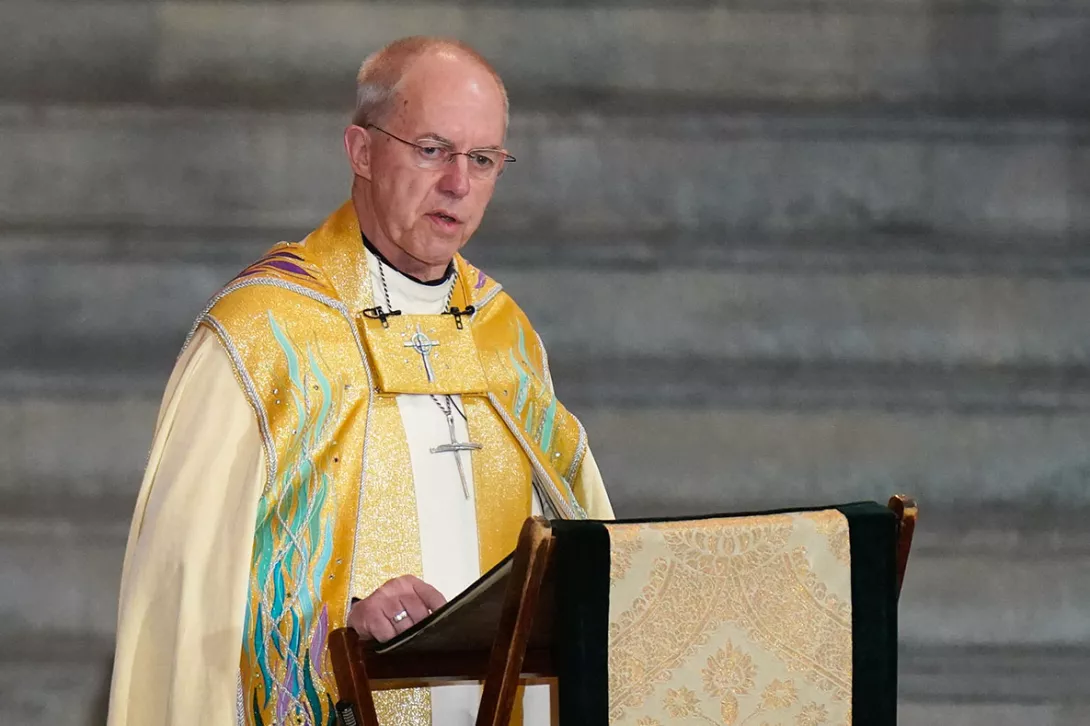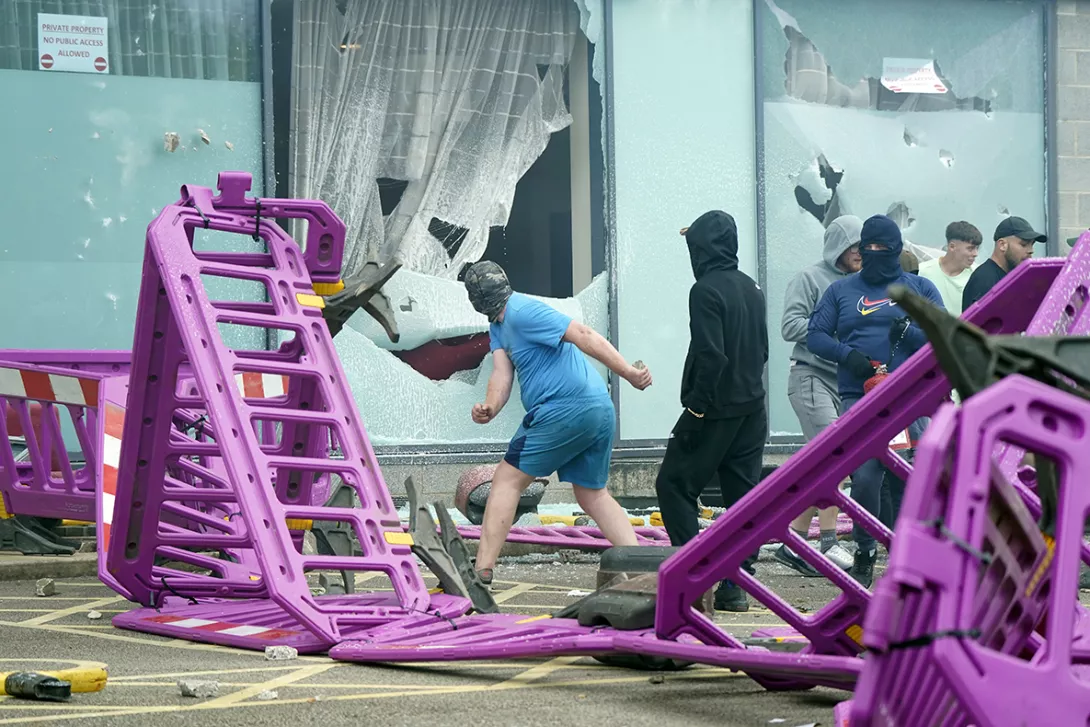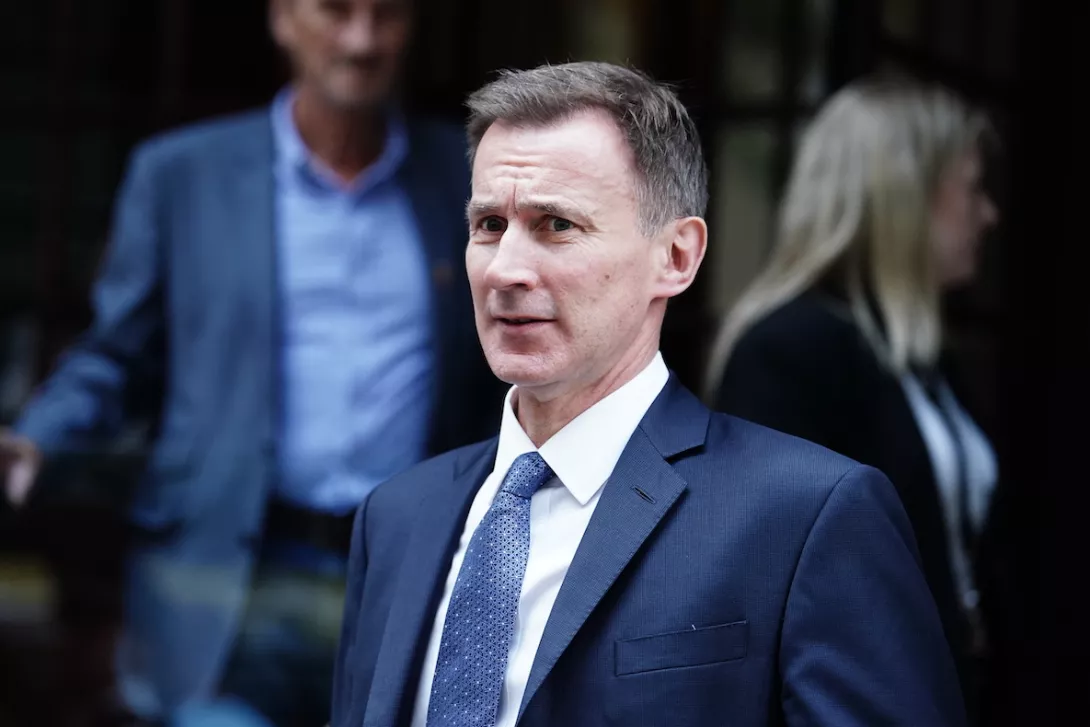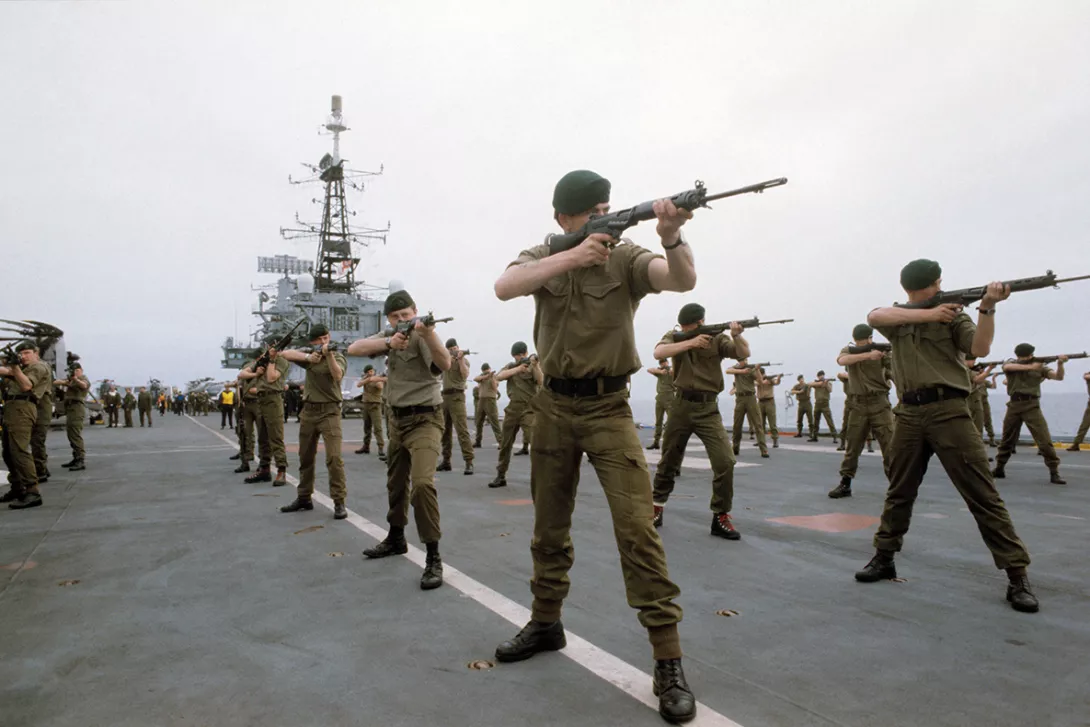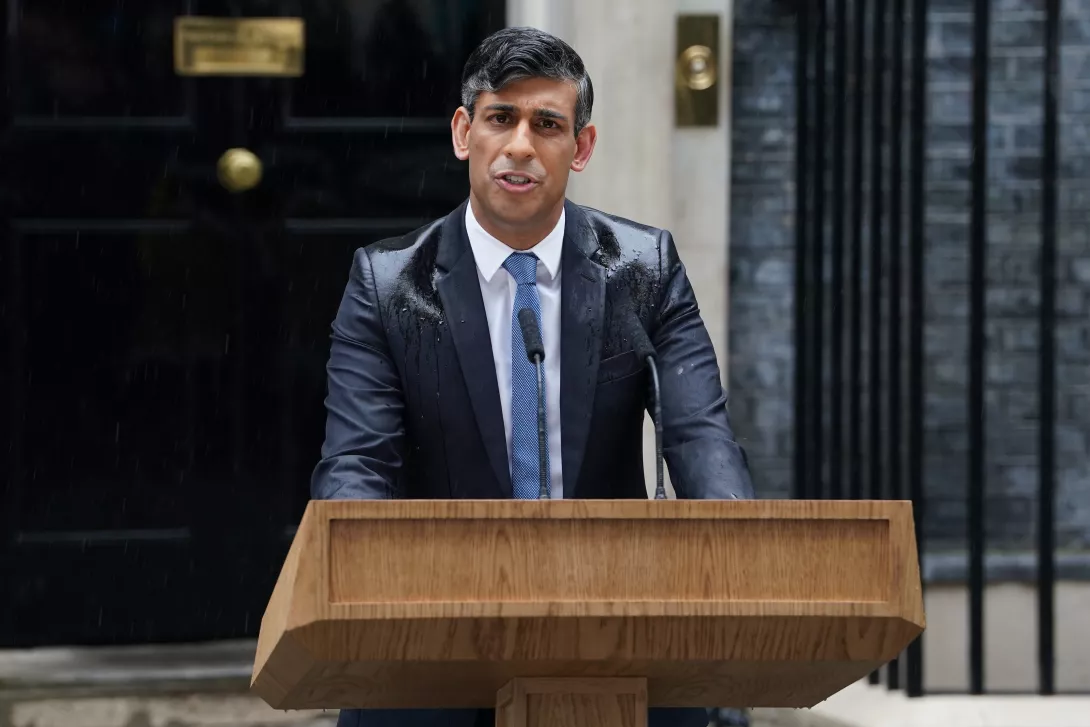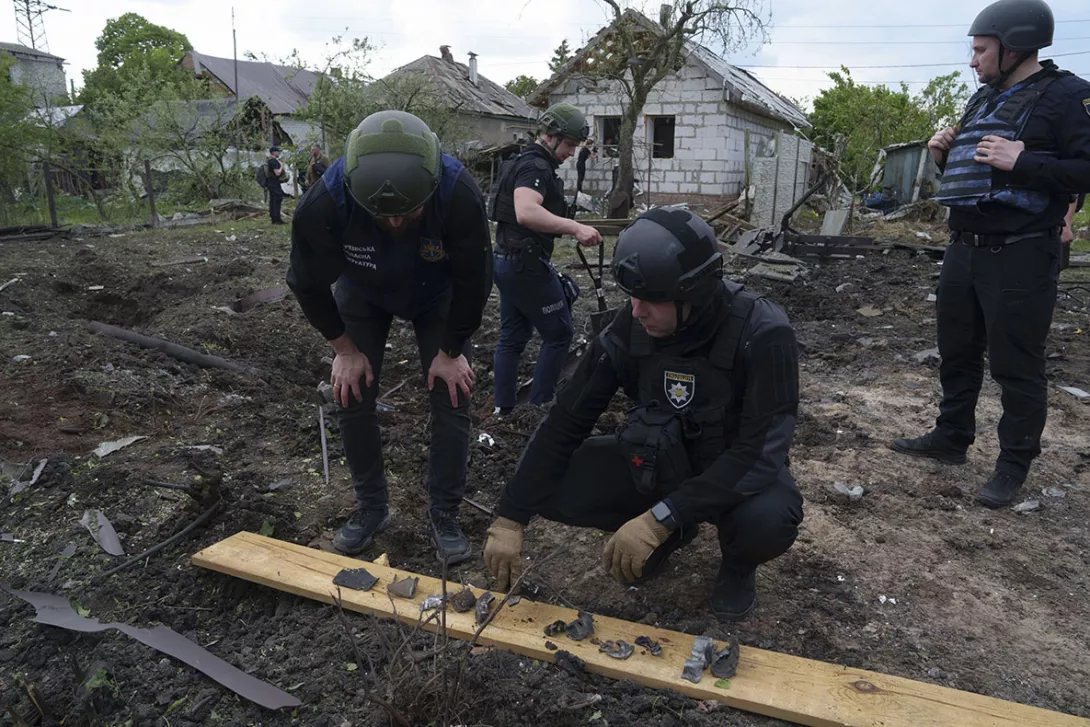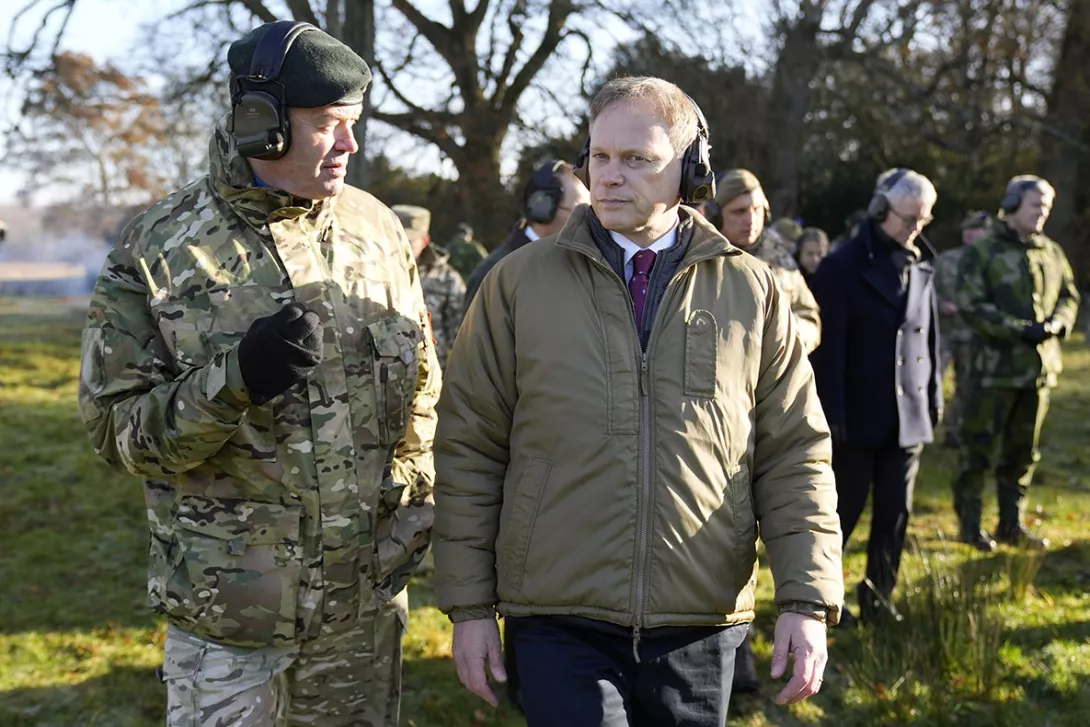
THE last week has seen a flood of headlines about a possible war with Russia — and the chances of military conscription in Britain.
Twenty years ago, calls to “bring back national service” seemed to be confined to right-wing pub bores and retired colonels writing angry letters to the Telegraph. So what has changed?
Well, relations between the British and Russian governments have got worse. But that cannot explain it. In the last two decades, British governments have subserviently followed the US in sending troops to fight in Afghanistan, Iraq, Libya and Syria without calls to introduce conscription.
Nor would war with Russia necessarily involve lots of troops. Indeed, given that it would be a war between nuclear-armed powers, the whole thing might be over in a matter of days — or hours.
No, what has changed is the place of militarism in everyday life in Britain.
In 2003, Tony Blair sent troops to help the US to invade Iraq without the support of the majority of the British population. In 2006, British troop numbers in Afghanistan were increased — and support for their presence declined. In September 2006, British public support for keeping British troops in Afghanistan reached a low of 31 per cent in a BBC/ICM poll.
That same year, the then chief of the general staff (head of the army), Richard Dannatt, wrote to a defence minister about the “single biggest danger” facing British troops.
What was this danger? The Taliban? The Afghan population? The unpredictability of Blair’s US allies?
It was none of these. Dannatt wrote, “Losing popular support at home is the single biggest danger to our chances of success in our current operations.”
So according to the head of the army, the biggest threat to the British army was the British people. So much for the idea that the armed forces protect the British public.
Dannatt and his allies launched what amounted to a public campaign to drive up support for armed force. In October 2006, Dannatt gave an interview to the Daily Mail arguing that the “military covenant” between the armed forces and the public had broken down.
The term “military covenant” was soon commonplace, with militarist commentators demanding that the public should “honour” it. Some maintained that the military covenant dated back 200 years.
In reality, the first recorded use of the term “military covenant” was in an army document published in the year 2000. Even Dannatt later admitted that the concept was “the brainchild of a handful of officers.”
Dannatt broke the longstanding convention that British military leaders should not comment publicly on government policy. There followed a “militarisation offensive” — to use the term employed by Paul Dixon of Birkbeck College, University of London.
The following years saw the introduction of Armed Forces Day and local councils signing the “armed forces covenant.” The Cameron-Clegg government stepped things up with multimillion pound funding for new military cadet units even as other youth services faced swingeing cuts. Arms company BAE Systems began running science and technology roadshows in schools with the RAF.
The Peace Pledge Union describes this situation as “everyday militarism.”
This is the context in which the current Chief of the General Staff, Patrick Sanders, said on January 24 that the British government should “mobilise the nation” for a possible war with Russia.
Sanders suggested a “citizens’ army.” Despite the headlines, he did not explicitly call for conscription. He seems to have some idea of civilian volunteers ready to leap into action if war breaks out with Russia.
It is difficult not to think of Dad’s Army. Whether they would have time to leap into action before much of the world is obliterated with nuclear weapons is not a question that Sanders raised.
Assorted politicians, commentators, armchair generals and actual generals have piled into the debate. It reached its most absurd moment when Boris Johnson declared his willingness to be conscripted. He is 59 and way over any likely conscription age. Johnson’s offer is therefore as unlikely to be fulfilled as most of his other promises.
Conscription in Britain still seems unlikely in the immediate future. Nonetheless, I think we should be worried — for three reasons.
Firstly, ministers and generals are openly talking up war with Russia with ever-increasing enthusiasm. Imagine the head of the Russian army urging Vladimir Putin to “mobilise the nation” for war with Britain. Sanders’s words do not sound too different.
There is relatively little ideological difference between Putin and most Nato governments. As before the first world war, we have capitalist governments ramping up military tension, with both sides claiming to be acting defensively and demanding their populations follow them.
Secondly, we have given up any pretence that military leaders cannot comment on policy. Their influence is on public display and is at odds with democracy. Such influence has contributed to a situation in which the British government has the fourth-highest military expenditure in the world.
Thirdly, the last week has made clear where everyday militarism leads. Armed Forces Day, “military covenants,” multiple increases in cadet forces — it has all been leading in this direction.
A society in which generals make policy speeches on TV, politicians consider a “citizens’ army” and we are told to be ready to go and fight other working-class people because their government has a quarrel with ours. And at the same time, new draconian anti-protest laws make it all harder to resist. It is a militarist’s dream.
Many of us would be conscientious objectors if conscription were introduced. Let’s not wait until then. Let’s conscientiously object to plans for war and to wars already going on. Let’s conscientiously object to military spending and arms sales.
